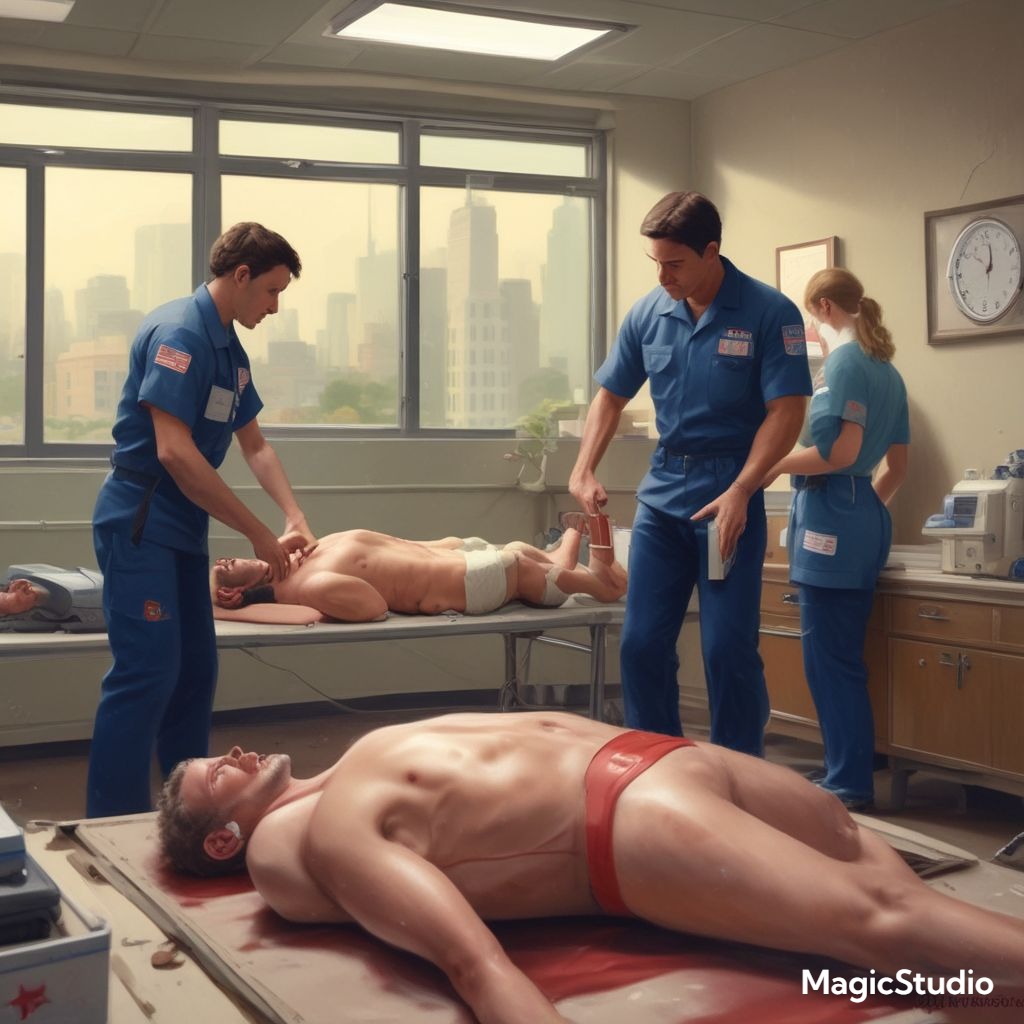
CPR, or cardiopulmonary resuscitation, is a life-saving that can greatly improve the chances of survival for someone suffering from cardiac arrest. It involves performing chest compressions and rescue breathing to maintain blood flow and oxygenation until professional medical help arrives. However, CPR techniques and guidelines can evolve over time due to advancements in medical practices and research. This raises an important question: How long CPR certification last?
CPR certification is typically valid for a certain period of time, after which individuals need to renew their certification to ensure they are up to date with the most recent techniques. The validity period can vary depending on the organization or guideline followed, but it usually ranges from one to two years.
Organizations such as the American Heart Association (AHA) and the Red Cross, which offer CPR training and certification programs, generally require individuals to renew their certification every two years. These organizations periodically update their guidelines based on new research and advancements in the field to ensure that individuals receive the most reliable and effective training.
Renewing CPR certification serves multiple purposes. Firstly, it helps individuals stay current on any changes or updates in the protocols, techniques, and recommendations for performing CPR. This ensures that they continue to provide the best care possible in emergency situations.
Secondly, renewal courses often include refresher training on related topics such as automated external defibrillator (AED) use, first aid procedures, and recognizing signs of stroke or heart attack. This comprehensive approach to certification helps individuals develop a broad range of skills to handle various emergency scenarios.
Moreover, renewing CPR certification helps reinforce muscle memory and maintain proficiency in performing CPR techniques. Regular training ensures that individuals are prepared to act confidently and appropriately during emergencies, reducing the risk of potential errors due to lack of practice.
Individuals also benefit from remaining updated on any changes in legal requirements or workplace regulations. Many professions may require employees to have a valid CPR certification, such as healthcare providers, lifeguards, and childcare workers. Being up to date with CPR certification is not only essential for these professionals to maintain their employment status but also to guarantee the safety and well-being of those under their care.
In conclusion, CPR certification typically lasts for a period of one to two years. Renewing this certification ensures individuals stay current with the latest guidelines, techniques, and recommendations for performing CPR. Refresher training, comprehensive skills development, and legal compliance are all important reasons to renew certification regularly. By maintaining their CPR certification, individuals can confidently respond during emergency situations and potentially save lives.
Click here for more Article : https://socialinfozone.com/
